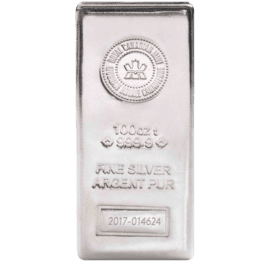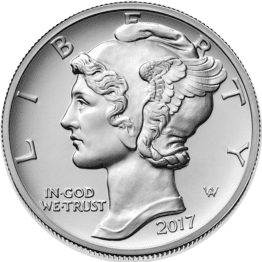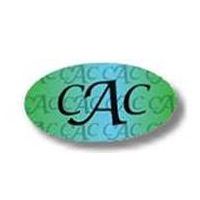Coins are one of the most interesting developments in human history. The successor to the barter system, which allowed people to exchange commodities and other goods in exchange for services, coins revolutionized the world economy.
For over 2,500 years, this form of payment has become so common that few ask the question: Where did coins originate? The answer may surprise you.
The Bartering System
Prior to the invention of coins are a form of payment for goods and services, civilizations across the world used the bartering system. If you require service or another good, you could trade a few goats or some clothing in exchange.
Unfortunately, you’d have to find a willing trade partner who found value in the good you were providing. Not only was this inconvenient for the person seeking a service, but it also created a lag in the speed of business.
The First Types of Currency
Before the first coins began jingling around in pockets, several civilizations had created alternative types of currency to avoid the pitfalls of the bartering system.
In ancient China, shells were used for currency. Around the same time period, the Mesopotamians developed a banking system that allowed individuals to deposit valuable goods, livestock, and food for safekeeping. While these alternatives didn’t amount to coinage, it paved the way for currency and banking systems.
First Coin Origin
The first recorded use of coins goes back to 600 B.C. when the civilization known as the Lydians began to use them for trade. Much of their trading took place in current-day Turkey, as well as ancient Greece. However, these weren’t merely round pieces of metal.
The Lydians had a sense of style and pride, adorning their coins with a lion’s head and crafting them out of a valuable gold and silver alloy.
Expansion of Coin Usage
By the 6th-century B.C., expansive trade networks across Eastern Europe and Western Asia prompted the use of coins by the Persians, Athenians, and Corinthians as a way to sell their unique goods such as spices and precious stones. Unlike the metal alloy used by the Lydians and today’s coins, these civilizations pegged value to their coins based on the actual value of the gold or silver they contained.
With coins as an accepted form of currency, ancient civilizations could relocate to areas and build a home, leaving the nomadic lifestyle behind. This formed the foundation of advanced human civilization, as individuals could build wealth and streamline business processes.
Coin Origin and Designs
Much like today’s coins, the designs were a reflection of a civilization’s greatest achievements, politicians, and heroes. This was a way to showcase their national pride, regardless of where or how far the coin traveled. However, this did create a problem simply because of the sheer magnitude of coins from different parts of Europe and Asia. Although no civilizations decided on a single currency, the idea of exchange rates took hold later down the road.
From the ancient Greeks to modern-day civilizations, coins remain an important facet of business and legal tender. With the advent of electronically transferred funds, the days of coins might be numbered, but the allure and collectibility of these pieces of metal remain.
London Coin Galleries of Newport Beach is an Orange County coin dealer. From coin origin to currency, fossils, minerals, and all things unique, our specialty goes above and beyond numismatic value and coins. Contact us for an appointment whether you want to buy or sell coins.









